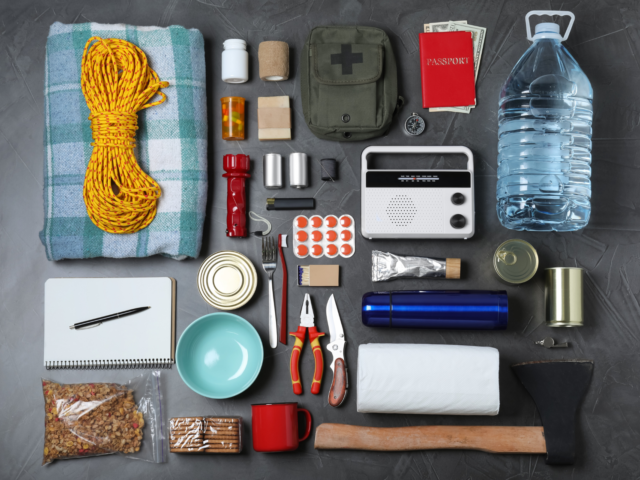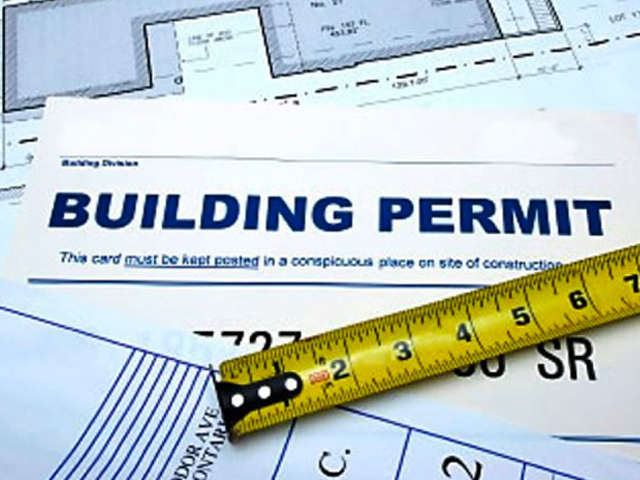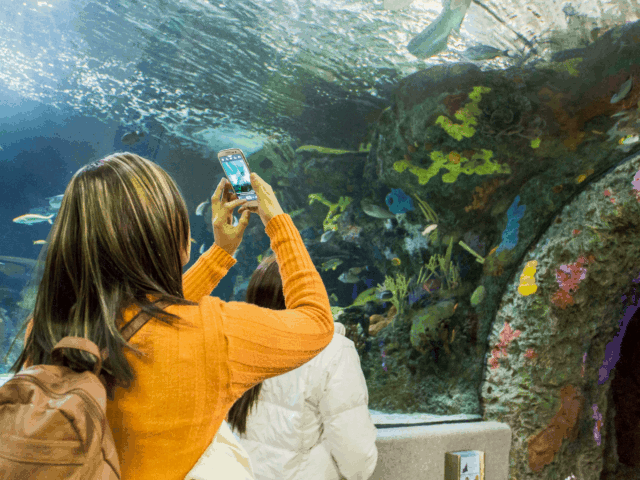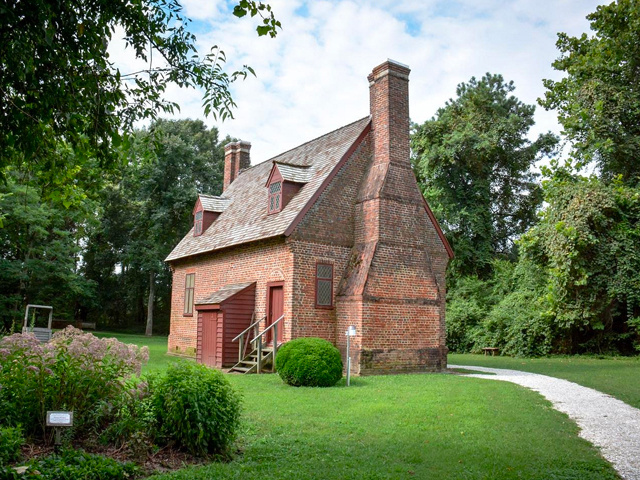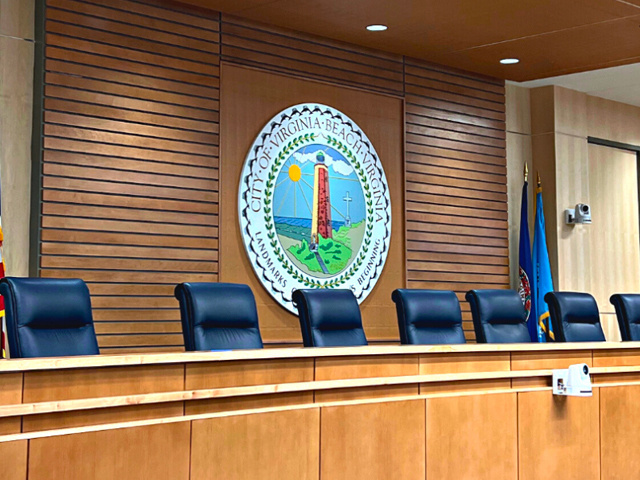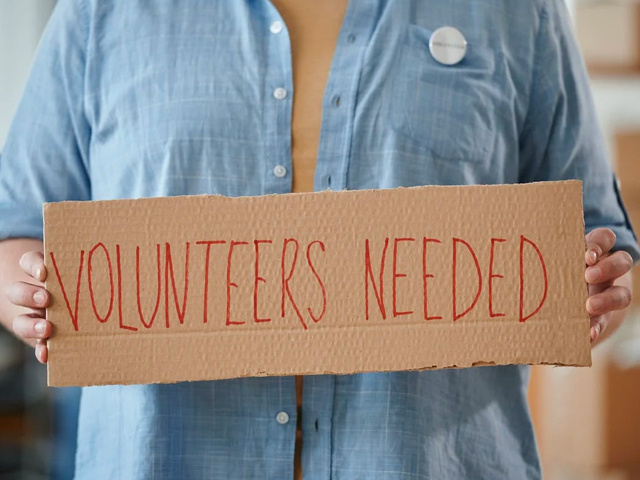Be In The Know
Protect Your Pipes! Save Your Money!
Two key threats to your water and sewer pipes are flushing items that shouldn’t go down the drain and cold weather. Here’s what you can do to guard against both.

The Clog Monster
Only water, toilet paper and one’s personal business should be flushed down the toilet. The regional sewer systems are designed to transport these three items only and flushing anything else can lead to clogged pipes, expensive plumbing repairs and service interruptions for the indiscriminate flusher and their neighbors.
What Not to Flush
- Wipes (even if they are labeled flushable) including baby wipes, personal hygiene wipes and all-purpose cleaning wipes
- Cat litter
- Cigarette butts
- Cotton swabs
- Dental floss
- Diapers and diaper liners
- Dryer sheets
- Facial tissues
- Fats, oils, grease and food scraps from the kitchen
- Family planning products
- Feminine hygiene products
- Paper towels
- Toilet bowl scrubbing pads
The Consequences?
When a clog or breakdown occurs, it can result in untreated sewage backing up into homes and neighborhood streets, where it can enter storm drains and waterways. Untreated sewage is a dangerous pollutant that causes sudden increases in nitrogen and bacteria, resulting in declines to local aquatic life (such as plants, fish and crabs), beach closures and health warnings on local seafood consumption.
Clogged pipes and backups can also be expensive. If a clog occurs in the home’s plumbing, the responsibility and cost of repairs fall on the homeowner or resident. If a backup occurs in the municipal sewer line, the cost of repairs could be passed on to the home’s occupant and neighbors in the form of higher utility fees.
For more information, visit askHRgreen.org/wipes/.
Winter Weather
When the weather turns cold, water pipes may also need special care to keep them from freezing and bursting. With a little preparation, you can prevent burst pipes and avoid costly repairs during the winter months.
Here’s what you should do when freezing temperatures are predicted:
- Moving water will not freeze, so allow a steady drip of cold water to flow from the highest faucet in your home. Using cold water will save you money on your energy bill
- Keep your thermostat at the same temperature both day and night, so that pipes stay warm as the outside temperature dips overnight
- Open cabinet doors to allow heat to reach exposed pipes under sinks
- Disconnect garden hoses and drain outdoor pipes. Turn the supply valve off and insulate exposed pipe(s) and faucet(s)
If your pipes do freeze:
- Turn your water off at the private water shut-off valve.
- Never try to thaw frozen pipes with an open flame or any electrical appliance (it’s dangerous and could damage your pipes)
- Be prepared for possible leaks as the pipes thaw
Need help locating your shut-off valve? Visit VirginiaBeach.gov/protect-your-pipes for common shut-off valve location and more information.
Contact Information
Keep Reading
See All Posts-
Calendar News Blog Hot Topics Multimedia Social Media Mobile Apps



